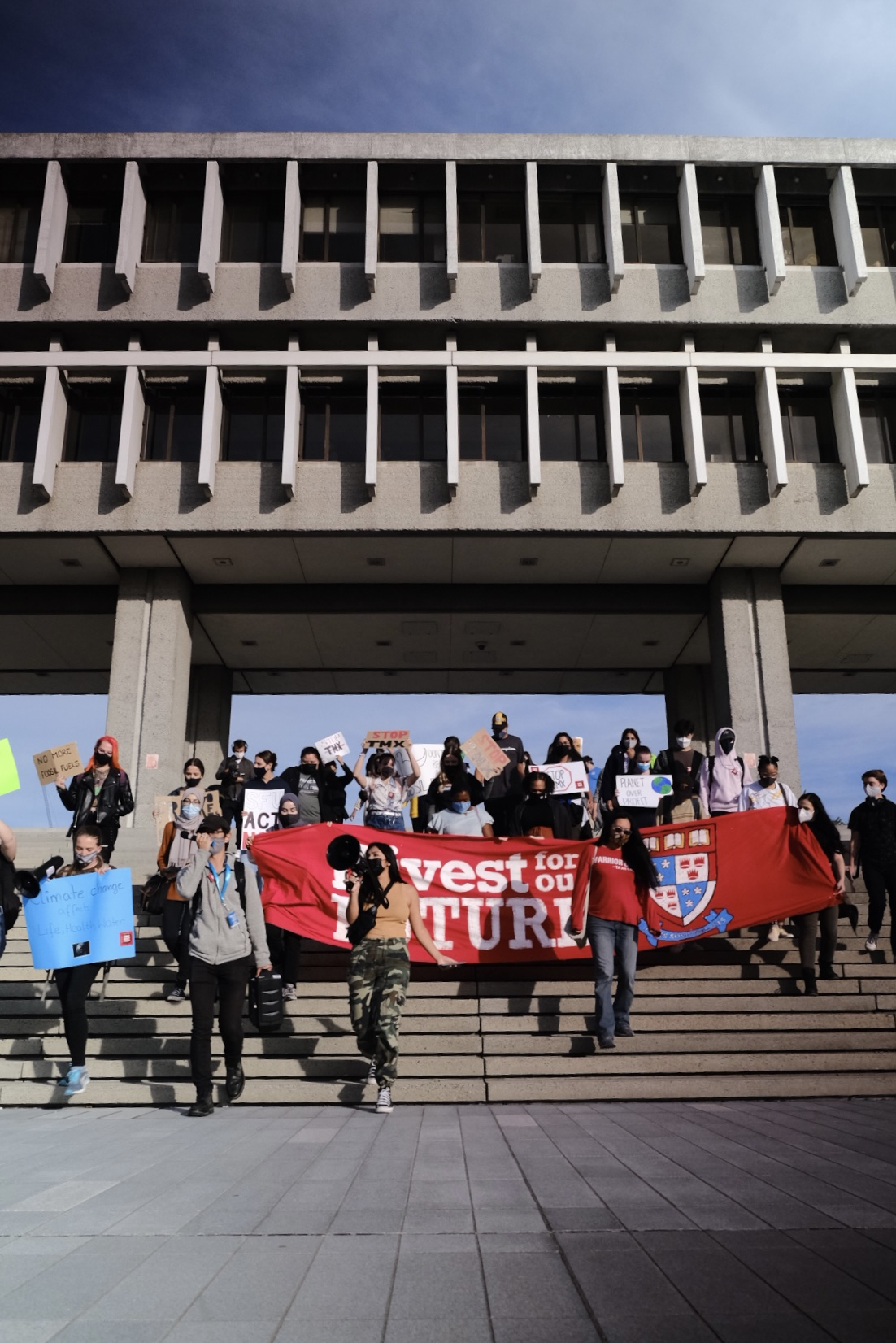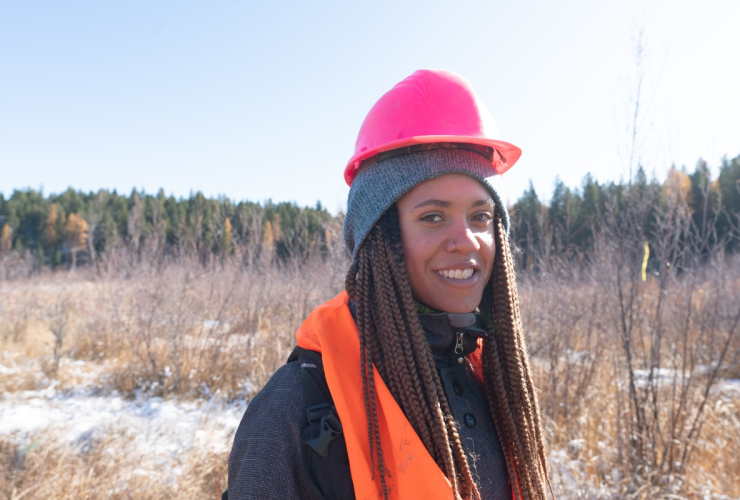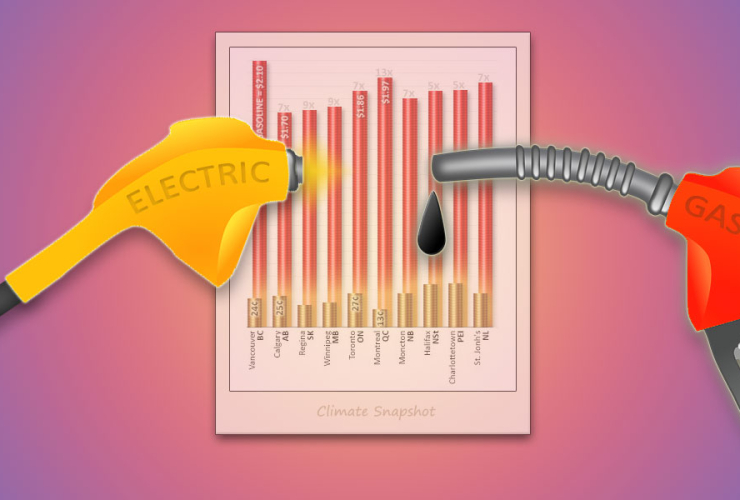WeiChun Kua uses the power of student politics for climate justice.
This 26-year-old recently graduated from Simon Fraser University. When the Simon Fraser Students’ Society threatened to evict constituency groups for marginalized students, like the Students of Caribbean and African Ancestry (SOCA), from the student union building, he ran for the board on a bold platform of climate justice.
Once elected, he helped reverse the evictions and wrote and persuaded fellow board members to adopt strong climate justice policies. He also helped change the society’s governance structure to make its decisions more representative and transparent.
This piece is part of a series of profiles highlighting young people across the country who are addressing the climate crisis. These extraordinary humans give me hope. I write these stories to pay it forward.

Why did you seek political office with the society?
The society was making decisions to evict the SFU SOCA and other groups representing or amplifying voices of traditionally underrepresented students. I was raised to empathize with others and to help where I could, and I realized this was one forum where I could make a real difference. I am proud the society has strong positions opposing the Trans Mountain pipeline expansion project and prohibiting the investment of student dues in fossil fuels. Future boards may think differently, but their decision-making will be more representative and more transparent, so they will be more accountable.
Why did the society vote to oppose the TMX pipeline expansion and how did you help ensure that outcome?
Simon Fraser’s main campus sits at the top of what settlers call Burnaby Mountain on unceded and shared territory of the Tsleil-Waututh, Squamish, and Musqueam nations. I helped to organize and host a panel on the implications of the expansion project for SFU at which an masχɬemtəna:t, (Audrey Siegl) from the Musqueam Nation made it clear they have never consented and stand opposed. Many arrests have been made, with harsh jail sentences attached, in the attempts to stop them getting in the way of the construction. I agree with those who say that TMX and the Crown appear to have a policy of targeting Indigenous land defenders.
On the same panel, Burnaby’s deputy fire chief and SFU’s chief safety officer pointed out that in the event of a fire in the tank holding facility, the campus will be subjected to fumes of poisonous gases and explosions that may result in shattered glass. There will be little students, staff and faculty or those in the housing complexes on the mountain can do to leave the area.
I helped organize information awareness events like tables and rallies and made it clear when I was running for office what my stand would be.
The combination of trampling over Indigenous rights, endangering our health and building new fossil fuel infrastructure when our economy must transition rapidly towards renewables, means organizations representing more than 160,000 students and the SFU Faculty Association support us.

What drew you into this work?
My parents raised me to notice and empathize with people less fortunate than I and to take responsibility to make things better. I listened to Indigenous land defenders at the 2019 climate strikes tell of their pain resulting from colonial capitalism’s disruption to their relationship with the land. We need to listen so they can help us embrace the wisdom that we are all part of nature. Once I joined thousands of others demanding urgent action on climate, joining SFU350 was a natural next step. With my friends, we have made a significant impact on the way the entire university acts.
What makes your work hard?
Burnout is a serious issue. We are young and passionate and we want and need to see results fast, but so much of this work is a long game. I have to learn how to resist the temptation to feel that everything is so urgent that I have to do it all and delegate more. Part of the longer game is ensuring students coming up behind me have the leadership skills they need to take the baton.

What gives you hope?
Spending my time with other young progressive grassroots leaders. Indigenous land defenders of all ages teaches me resilience is possible. Despite all they have faced, not only are they still here, but they are in leadership for a better world for us all.
What would you like to say to other young people?
Organize the people around you. You can always find common ground with people in any group — including your family, your sports clubs, your workplace. Climate change affects everything. Work with others to make their world better and chances are you will be working on climate.
What about older readers?
It is our future. It is not enough for you to have a token youth in your decision-making circle. Foreground our voices and show you are listening.






Comments